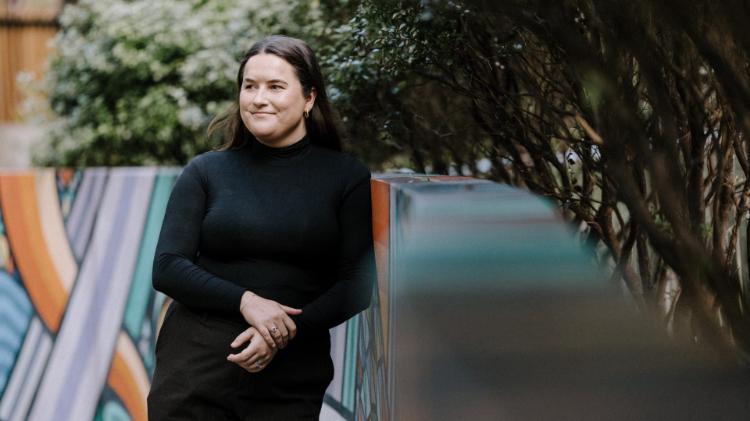About us
There is a need for fresh research perspectives on Early Childhood pedagogies as we acknowledge the importance of play for development, understanding how learning spaces are organised to respond to curriculum and the prevalence of digital media in children’s lives. This research group is one of four major research themes within Early Start.
Every Australian child, every Australian classroom, every Australian family are all facing issues with how to manage technology.
My name is Lisa Kervin, I'm Professor of Language and Literacy and I lead the Play, Pedagogy and Curriculum research group for early start.
We really look at play as a developmental goal for young children and looking at the important role that it serves in young children's lives. We're really interested in pedagogy in terms of understanding innovative practices that educators can employ in their classrooms, and we certainly acknowledge the important role that technology serves in the lives of young children, and try and find ways for educators and families and children themselves to navigate the complexity of technology when it mediates learning experiences.
My name is Jessica Mantei, I'm a Senior Lecturer in Language and Literacy and I'm a member of the Play, Pedagogy and Curriculum research group.
As researchers we get to explore further how we understand the way technology mediates children's lives, we're able to look at the ways that we engage with the children, what the technology enables us to do, how the technology might constrain what we can do and how we can work around those constraints.
One of the activities that our research group is doing at the moment is virtual excursions so each Monday you'll find any number of our team in the Discovery Space, beaming out to services across the state we particularly connect with our Early Start engagement centres.
Virtual excursions are really important because they offer opportunities for children to be at the Discovery Space when perhaps they live so far away, they would never be able to come.
We developed the virtual excursions as a way to really connect with those services and to provide opportunities for them to engage with the Discovery Space but to also work with us on some really innovative pedagogies.
The big issue that we're facing particularly in our work with educators, is understanding how pedagogies are evolving in the face of increased technology access for children and classrooms.
In 2019 we were really fortunate to get ARC funding through a discovery project to really look at the notion of quality in adult child interactions when technology is involved, so we're going to embark on a three-year three-phase research project to examine exactly what happens when technology enters the mix.
So, if we were to achieve all of our goals in the next 20 years, we would see fantastic interactions happening between educators, and children, and experts across a whole lot of different areas mediated by technology. It wouldn't be necessarily driven by a whole pile of programs but by those genuine interactions that can happen when there's play involved, and when you have opportunities to share ideas.
/filters:format(jpg)/prod01/channel_3/assets/contributed/faculty-of-the-arts-social-sciences-amp-humanities/generic/Play,-pedagogoy-and-curriculum_banner.jpg)
